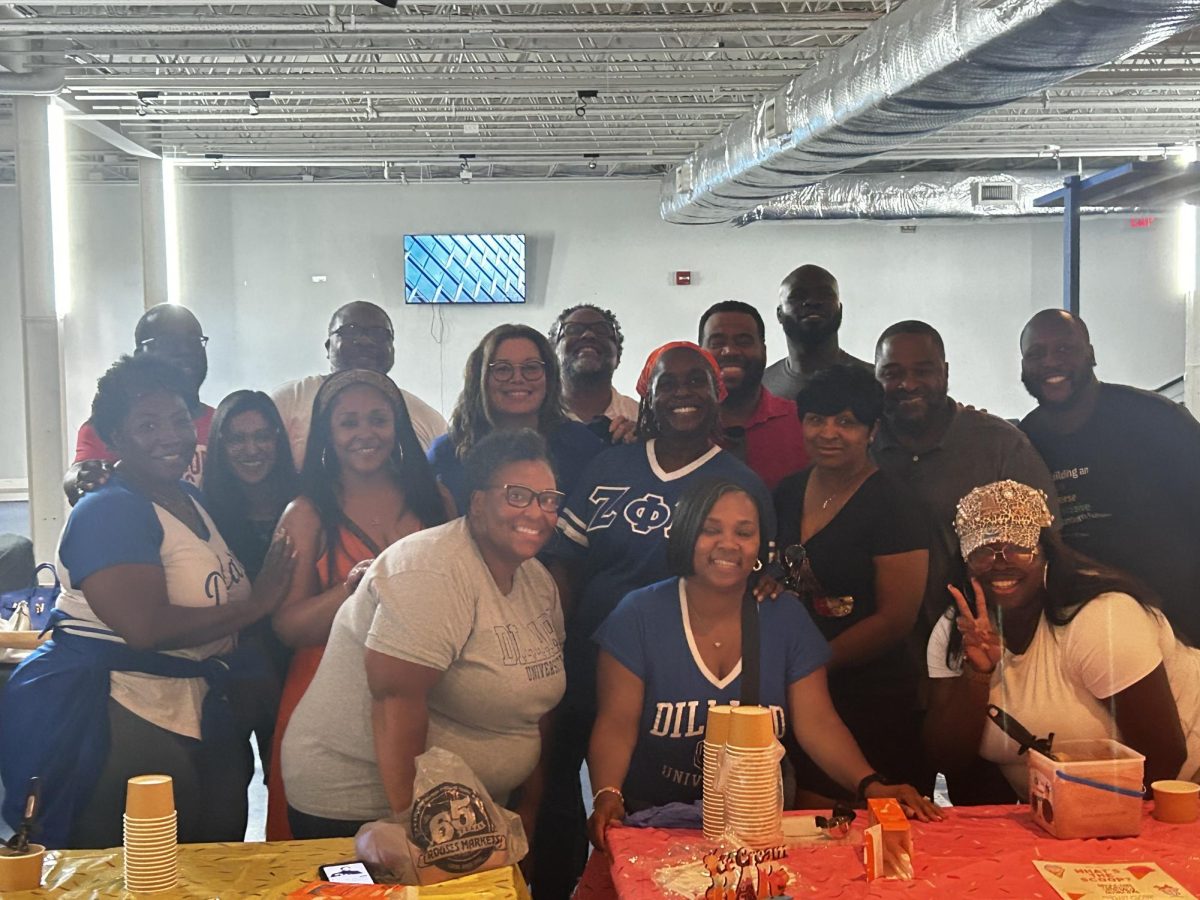Negotiators for Louisiana and the New Orleans Saints met with Governor Kathleen Blanco and team owner Tom Benson to make a deal to keep the team in Louisiana last November. The current deal was completed under Governor Mike Foster’s administration.
“I don’t want to move and I don’t want to sell,” Saints owner Tom Benson. “But we have three choices-build a new stadium, enhance the Superdome, or tell us to leave.”
According to the Associated Press, the current deal caused the state of Louisiana to borrow money in order to make the annual payments. These payments, cash payment from the state that no other NFL team receives, will increase to $23.2 million in the remaining years of the 10 year old deal, which went into effect in 2002.
“They claim the rights of a private organization, but at the same time they are asking for public money,” the governor said.
According to the Advocate, the Saints want a new long-term agreement and have one significant request: to stay in a renovated superdome rather than building a new stadium. Previously, the Saints sent proposals to Governor Blanco; one asked the state to build a new stadium in the next three years on a downtown site, the other asked the state to renovate the Superdome and extend the annual payments an additional 10 years.
According to ESPN.com, team owner Tom Benson has pushed for a new stadium in the past, but there is little economic or public support for such a facility, estimated to cost at least $450 million. Blanco expects the team bears some of the costs of renovations or accept lower cash payments after renovations are complete.
“My position remains clear: I would like the Saints to remain in New Orleans and play in a renovated Superdome,” Blanco said. “I believe that the franchise should help pay for these renovations and the state’s lease with the team should be restructured to move away from paying cash inducements and toward providing the team with enhanced opportunities to earn revenues in a renovated Superdome.”
According to the Times-Picayune, the current lease agreement allows the Saints to leave after the 2005 season by paying back the $81 million they received in the first four years of the agreement. The state can drop out of the deal after 2007 if officials do not want to guarantee the $23.5 million annual costs that will begin in 2008.
Consultants told Louisiana’s state panel that a $168 million renovation of the Superdome could provide seating and amenities comparable to top NFL stadiums, which would give the New Orleans Saints a reason to stay in Louisiana instead of moving to another city such as Los Angeles, where the NFL wants a team.
“There is a question within the league as to whether New Orleans is still viable as an NFL market,” Fielkow said.
The renovations include adding suites while enlarging and refurbishing the old ones, installing new scoreboards and video screens, and widening and overhauling concourses to improve fan flow, concessions and restrooms.
Louisiana hired Kansas City-based Ellerbe Becket’s design firm along with his associate Paul Griesemer to conduct designs for the Superdome renovations.
“All work could be done in two off seasons with displacing the dome’s football tenants or the Essence Music Festival,” said Becket. Griesemer added that the distance between the seats and the field on all three levels of the Superdome would be comparable to new football stadiums in Houston and Seattle.
“We are open to the scope of the renovations,” Saints vice president of administration Arnold Fielkow said. “We think with care the Superdome can be visible at least through 2020.”
However, newer stadiums have a higher percentage of seats on lower levels, which are priced higher than normal. The Superdome is an excellent candidate for renovation, not because of its size or location within the downtown New Orleans area, but it’s an architectural landmark that had created pride in the city’s communities and a way of retaining a franchise in Louisiana.
“One of the big differences we’ve noticed in this project is that people here are really proud of the Superdome,” Becket said. “When Seattle demolished the King Dome, it wasn’t that important to them.

































